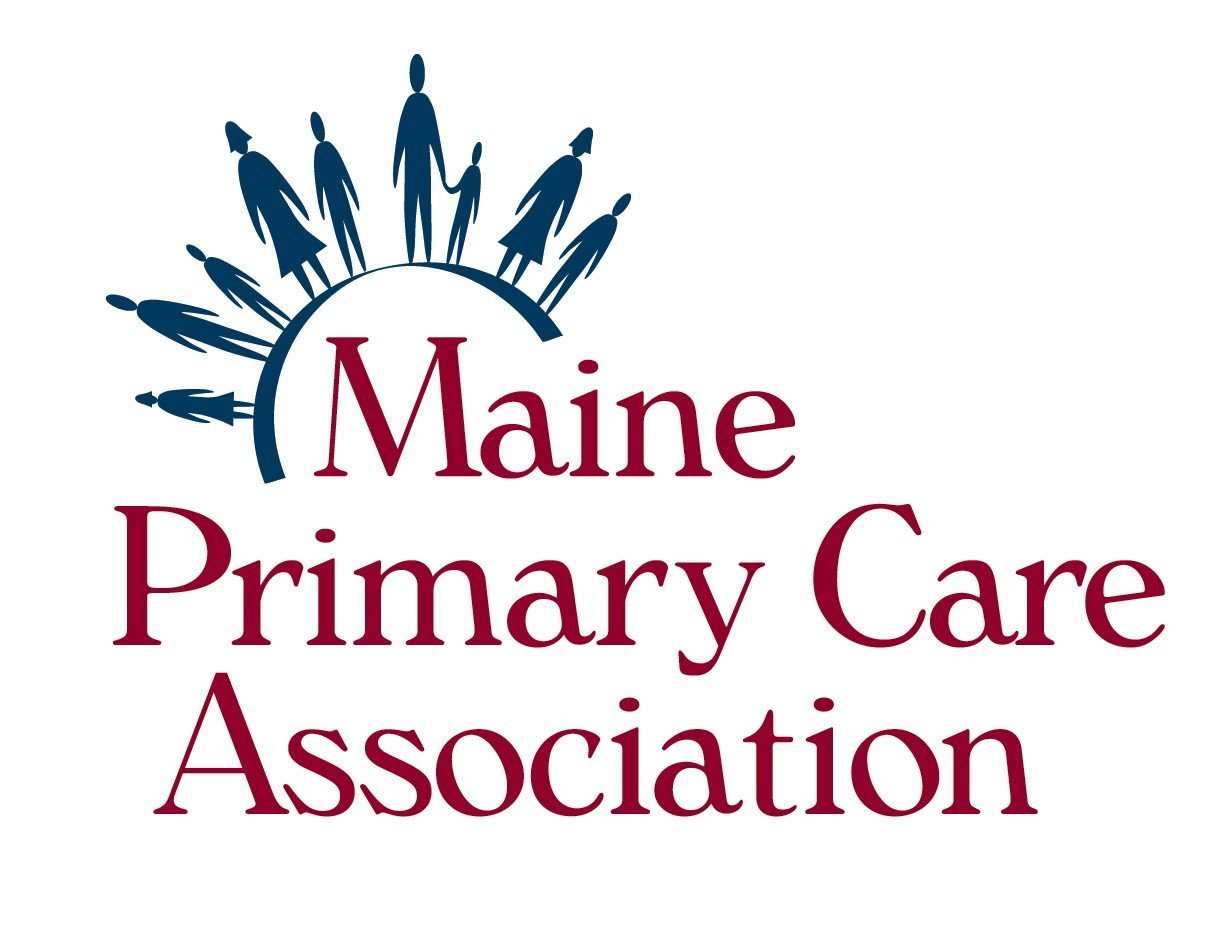By Dr. Christopher J. Pezzullo, DO
Director, Maine Primary Care Association Patient Safety Organization
Clinical Director, Maine Primary Care Association
Over the years, vaccines have prevented countless cases of disease and disability, and have saved millions of lives. Polio, which caused approximately 50,000 cases each year in the U.S., was one of the most dreaded childhood diseases of the 20th century with annual epidemics; but, through successful vaccination programs around the world, polio is now nearly eradicated.
The CDC estimates that vaccination of children born between 1994 and 2018 in the U.S. has prevented over 400 million illnesses, helped avoid nearly 1 million deaths, and saved nearly $2 trillion in total societal costs, including $406 billion in direct costs.
Vaccines are safe and necessary to prevent serious illnesses. And contrary to concerns from those voting “yes” on 1, vaccines do not cause autism.
Nearly a dozen studies following millions of children conducted worldwide over the last decade have failed to find a connection between autism and childhood vaccines. In fact, the original singular study that claimed to find a connection between autism and the MMR vaccine has been officially retracted by the publication when it was found the author lied about his findings; he has since lost his license to practice medicine.
With the amount of controversy about vaccines, you could forgive some families for thinking it’s a big risk to vaccinate their kids. But our perception of risk is notoriously unreliable. Scared of flying? You’ve got a 1 in 11 million chance of dying in a plane crash but a 1 in 5000 chance of dying in an automobile accident. Do you think twice about getting into your car every morning, though?
Here’s the thing – the risks associated with vaccines are very, very small. The chance of experiencing a severe allergic reaction from an MMR vaccine is 1 in 1 million. In fact, in your lifetime, you’re about three times more likely to be killed by an errant firework and 80 times more likely to be struck by lightning than to have a severe reaction to an MMR vaccine.
There is, however, one major downside of vaccines and it’s not what you think. It’s not the side effects that we should be worried about, but the reality that because vaccines are so effective at eradicating infectious diseases, we’ve forgotten how horrendous the real illnesses are and what the real risks actually look like.
Lastly, did you know that when you get vaccinated, you’re protecting yourself and your community? The concept is called community immunity or herd immunity. And it’s an important reason for you and your family to get vaccinated, so you can help keep yourselves and your community healthy.
Germs travel quickly through communities and if enough people get sick with a certain disease, an outbreak could develop. When enough people are vaccinated against a certain disease, the entire community is less likely to get the disease. That means even people who can’t get vaccinated will have some protection from getting sick, and if a person does get infected, there’s less chance of an outbreak because it’s harder for the disease to spread. Eventually, the disease becomes rarer, and sometimes it’s wiped out altogether-like smallpox.
Community immunity protects everyone. But it’s especially important because some people can’t get vaccinated for certain diseases—people with weakened or failing immune systems (like people who have cancer, HIV/AIDS, type 1 diabetes, or other health conditions) or babies too young to yet have a full complement of disease-preventing vaccines.
Please consider your vote on Referendum 1 carefully.
Remember that vaccines are safe, reliable and necessary.
Vote “No” on 1 to keep our state, our communities and our residents both healthy and safe.

